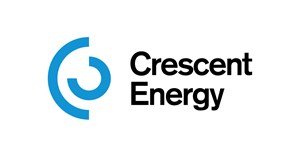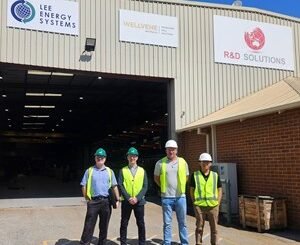(Bloomberg) – The selloff in global oil markets on perceived bad economic news was overdone because demand remains strong, according to top crude exporter Saudi Aramco.
Aramco CEO Amin Nasser
Brent crude dropped to almost $75 a barrel on Monday, alongside a rout in global stock markets, after a weaker-than-expected U.S. jobs report sparked fears of a recession. Prices stabilized on Tuesday but remained near the lowest level since January.
“The market to my view is overreacting and the fundamentals do not support the drop in prices that we are witnessing today,” Aramco Chief Executive Officer Amin Nasser said on an earnings conference call with journalists. “The market is reading too much into the short term responses and the news coming from the U.S. with regard to the number of jobs for the month.”
Despite Aramco’s profit falling in the second quarter due to OPEC+ constraints on the company’s output, Nasser painted a picture of healthy and growing demand. Oil use is set to rise by 1.6 MMbpd to 2 MMbpd this year.
That will continue into 2025 when Nasser sees global oil consumption “north of 106 MMbpd.” Those figures are roughly in line with forecasts from the Organization of Petroleum Exporting Countries.
OPEC, of which Saudi Arabia is the de facto leader, and partners like Russia are continuing a regime of production cuts into 2025, though the group will begin unwinding some of the reductions later this year.
Refinery run rates in the U.S. and growing demand for jet fuel, gasoline and chemicals in China will continue to drive the market, Nasser said. Aramco is continuing to invest in oil production, natural gas, refining and chemicals, he said.
The state-run Saudi producer is in talks for a number of deals in China, particularly for plants that process crude into fuels and further into high yields of chemicals. The company is also looking to boost trading in liquefied natural gas by tapping into supply deals globally and buying more stakes in export terminals outside Saudi Arabia, he said.
So far this year, Aramco has bought shares in Chinese refiners, fuel retailers and signed up to LNG supply deals.
This article was originally posted at www.worldoil.com



Be the first to comment